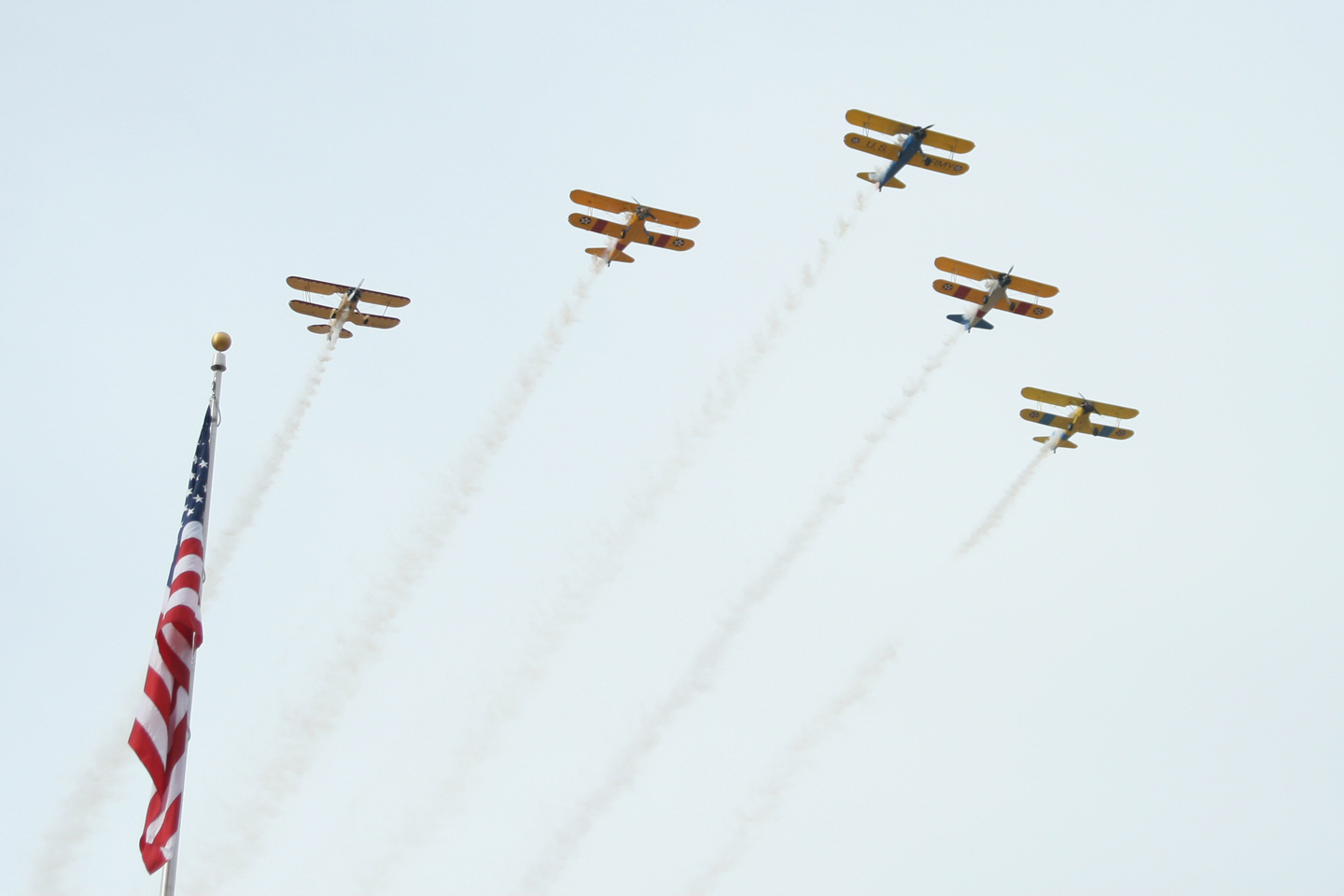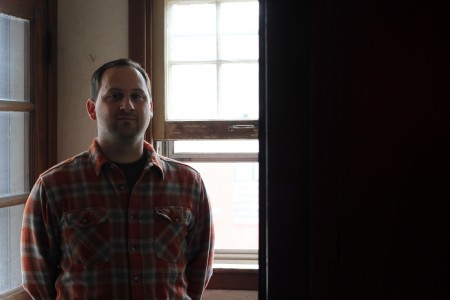By Chase Cook, News21
Tag Archives: Post 9/11
Arizona fund aids more military families, veterans each year
By Chase Cook, News21
A growing number of veterans, active duty service members and their families are asking the Arizona Department of Veterans’ Services for help in making ends meet.
These are families whose chief providers are soldiers or veterans who were affected or left debilitated by combat.
In one instance the department paid to build a ramp for a disabled soldier. In April a soldier committed suicide; the department gave his family money for six months of help to pay bills.
The relief fund committee approved four awards totaling $14,722 in 2008, the first year of the program. Last year the committee approved 165 awards for $510,318.63. Overall, families have received about $1.36 million, according to Arizona Veterans’ Services. In May, at the monthly meeting, the Arizona Military Family Relief Fund committee considered six applications and approved three.
Those eligible include Arizona active-duty soldiers and veterans who served in combat after 9/11 and their families. They must have claimed Arizona as home when they entered military service, deployed with the Arizona National Guard or deployed from an Arizona military installation, according to Arizona Veterans’ Services.
The increase in applicants is mostly from changes to the relief fund’s qualifying criteria, which originally considered awards for soldiers or veterans who were physically injured or families of soldiers killed in combat, committee chairman and retired Air Force Col. Randy Meyer said.
“We are the stewards of this program,” Meyer said. “We have to do it right the first time.”
Meeting minimum qualification, however, doesn’t mean approval. The committee discusses every application, which features personal finance information and third-party verification of combat involvement and injuries. The committee then debates whether to support the application.
The three applications tabled or denied at the May 21 meeting in Phoenix were fraught with questions about debit card use, ATM withdrawals at casinos and the applicant’s inability to prove that hardship was combat related.
The committee is judicious with the money it gives out, and even with the program’s growth, Meyer said there isn’t an issue of applicants going without. All the money comes from private donors who receive state tax credits up to $400 for couples and $200 for singles. The Arizona Legislature sets a $1 million annual cap on tax credits for the program.
Families of post-9/11 vets pay tribute on Memorial Day
By Colton Totland, News21

Memorial Day visitors at the National Cemetery of Arizona were treated to a flyover Monday morning by pilots in World War Two-era training planes. (Photo by Colton Totland, News21)
In T-shirts that depict John Larson as a smiling Army recruit, his family each year follows the row of headstones that lead to his grave.
Unlike many of those buried around him, Larson’s death came not from combat, but in a room at Fort Hood, Texas. Haunted by war and burdens at home, he committed suicide, his brother said.
Larson’s death is an extreme circumstance among post-9/11 veterans returning every month to another battle: transition to civilian life. Memorial Day belongs to these veterans as well, something that was clear Monday at the National Memorial Cemetery of Arizona, where the Larsons paid their respects.
“All families have a story,” Phil Larson said, pausing to glance at visitors across the cemetery of more than 43,000. “These families are visiting loved ones who passed away, whether they were shot in combat, or dealing with the strains of combat afterward.”
Hundreds of visitors gathered for an early morning ceremony — complete with music and a vintage biplane flyover.
James Ewald was one of two tuba players in the 108th Army band. Reservist Ewald said he only recently found work after returning from deployment more than a year ago.
“I just returned to a bad market,” Ewald said. The wire manufacturing company where he worked went out of business while he was on active duty. “I tried everything — even as a truck driver, nothing; pizza delivery, nothing.
“I hear it all the time from other veterans, and it’s a real problem,” he added.
Post-9/11 veteran unemployment still hovers around 2 percentage points higher than non-veterans, despite dozens of such efforts since 2011, according to the U.S. Department of Labor.
Finding adequate support for PTSD or other combat-related injuries seems even harder, with the average VA wait-time for compensation lasting upward of 315 days, according to the Berkeley, Calif.-based Center for Investigative Reporting.
PTSD battle persists for Iraq War veteran
Originally posted on NewsNetNebraska
By Riley Johnson, News21

Dominic Biondo, 35, experienced post-traumatic stress upon returning to the University of Nebraska-Lincoln from Iraq and his work with a defense contractor. (Photo by Riley Johnson, News21)
Dominic Biondo can feel it coming back on.
He’s tossing and turning at night, exhausted during the day. He has started finding time to nap, and scotch and vodka have found their way back into his evening routine. The 35-year-old Air Force veteran hasn’t returned to splashing Baileys Irish Cream into his coffee, but he bought a bottle at the store recently.
And the anger that once clouded his days as an undergraduate student at the University of Nebraska-Lincoln has crept back into his life.
“How do I not hate everything?” Biondo said of his continued fight with the post-traumatic stress brought on by his time in the interrogation rooms at Abu Ghraib in Iraq and at a defense contractor several years ago.
Dominic Biondo is one of many post-9/11 veterans who have battled post traumatic stress upon returning from their battles in Iraq and Afghanistan. The number of annual cases of post traumatic stress disorder, or PTSD, has risen substantially since the early 2000s for soldiers serving in Operation Iraqi Freedom, Operation Enduring Freedom and Operation New Dawn.
